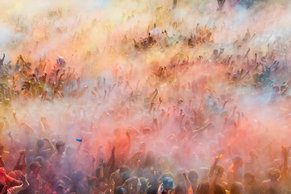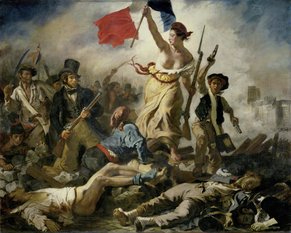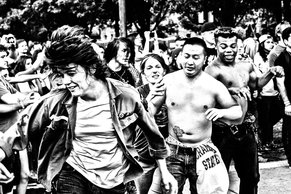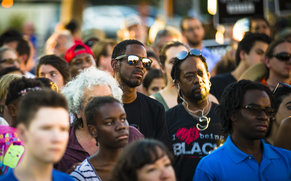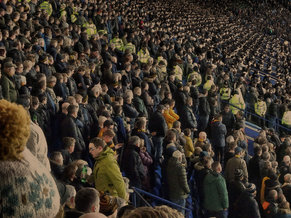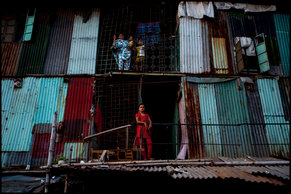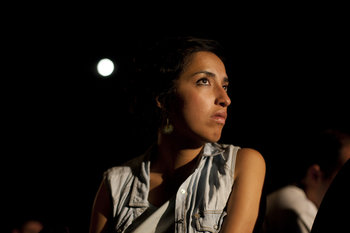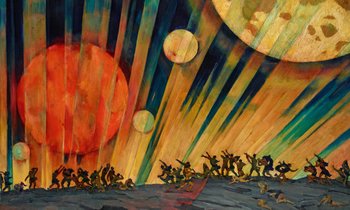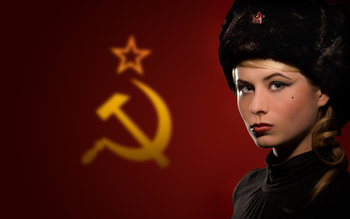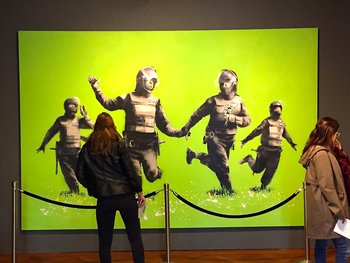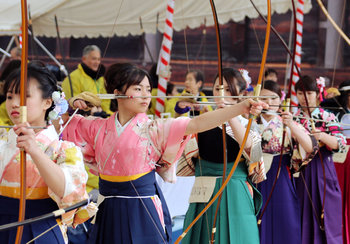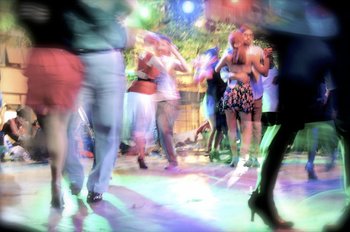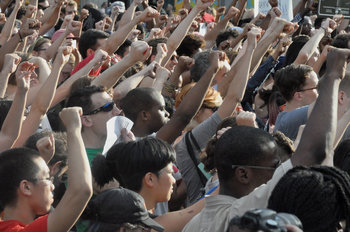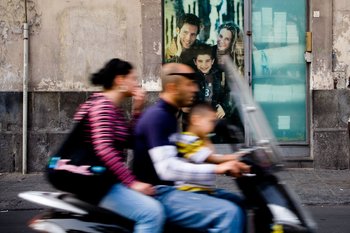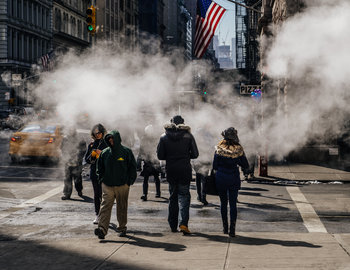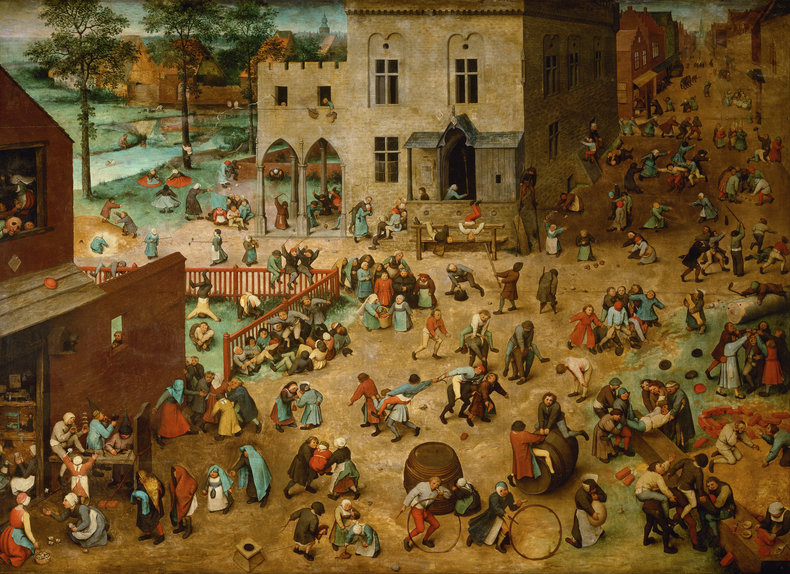
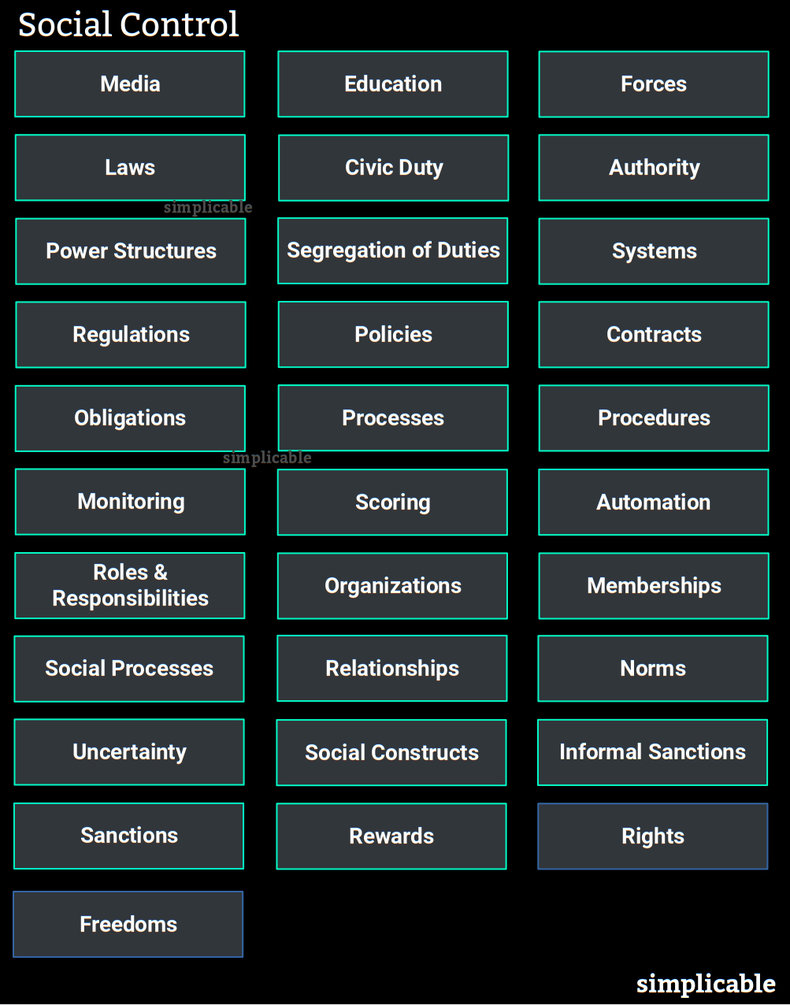
Media
Communication to the masses using media controlled or influenced by the power structures of a society.Education
Education is a foundational form of communication that transmits the building blocks of behavior such as values, beliefs and norms.Forces
A government may grant a monopoly on the use of force to police and military organizations. This force and the threat of this force are tools for implementing social controls.Laws
Rules that are passed by a government and enforced by the justice system of a society.Civic Duty
Civic duties are the obligations that are applied to all citizens of a nation. These can be formal or informal. For example, the informal obligation to participate in the political process by voting.Authority
An authority is the right to control resources and make decisions that is backed by the power of a state and a system of law.Power Structures
The distribution of formal authority and control of resources to a social structure such as the hierarchy of a government bureaucracy.Segregation of Duties
Segregation of duties is the practice of designing counterbalances into a power structure that prevent an individual from misusing their authority.Systems
Systems are complex entities that implement things. For example, the banking system implements financial services and financial controls.Regulations
Rules that are passed by bureaucratic bodies within a government. These are typically of more limited scope than laws. For example, a school board that establishes rules for students.Policies
Decisions made by politicians or administrators that may have the effect of a rule.Contracts
Contracts such as a contract you agree to when you take a job, open a bank account or install a mobile app.Obligations
The obligations of a person. These are often established with contracts. For example, the obligation to repay a student debt and interest on that debt.Processes
Processes that implement rules and regulations such as a process for applying for a school.Procedures
Standardized steps that are used to implement rules and policies.Monitoring
The collection of information to implement policies and rules. For example, teachers who monitor a schoolyard to make sure students don't break the rules. Monitoring of people and their communications is known as surveillance.Scoring
Assigning scores to individuals that assess them. For example, a credit score serves as a type of social control that encourages individuals to meet financial obligations.Automation
Elements of rule implementation can be automated including processes, procedures and monitoring. In theory, the authoring of rules could also be automated.Roles & Responsibilities
Roles and responsibilities that are assigned to members of a society. For example, the responsibility of a parent or guardian to care for a child and to give the child every chance to thrive.Organizations
Many of the controls used by societies are also used by organizations to direct and control their members. For example, contracts, internal controls and performance scores used by a corporation to manage its employees.Memberships
Agreeing to join organizations, institutions, groups, cultures or a religion typically results in the assumption of more rules, norms and responsibilities. For example, a person who feels they can't miss church on Sunday because it is a norm to attend.Social Processes
Social processes such as groupthink that prevails in a culture.Relationships
Social relationships often create more norms you need to follow. For example, a homeowner on friendly terms with neighbors who feels they have to keep their lawn free of weeds to respect and maintain these social connections.Norms
Norms are rules of a culture that emerge through shared experience. This can be a lightweight alternative to formal rules. As with culture, norms are flexible and aren't directly controlled by the systems of a society.Uncertainty
Uncertainty can be a form of control. For example, making it unclear what the rules are and how they are applied as a means of exercising broad control on behavior. This can be prevented with a principle known as void for vagueness.Social Constructs
Postmodernists view social constructs such as language as an element of control. It should be noted that postmodernists have a tendency to view everything in terms of power structures and control such that they tend to completely discount behaviors such as emergence, cooperation, kindness, camaraderie and altruism.Informal Sanctions
Informal sanctions such as being shamed for violating a norm.Sanctions
Sanctions such as the loss of freedom or property that are enforced by the power of a state under the rule of law.Rewards
Rewards including tangible rewards such as a salary and intangible rewards such as social status.Rights
Rights are things that are owed to an individual by a society such as a right to privacy or due process. These can represent important limits on social control.Freedoms
Freedoms are elements of a person's life that a society is not allowed to control according to a foundational set of principles such as the constitution of a nation. This is extremely important as it prevents a government from overcontrolling things in a way that decreases the pursuit of happiness. Social controls can be used to create and sustain freedoms just as they can be used to take them away.Notes
Postmodernists tend to view all social constructs as a tool of control. For example, elements of culture such as language, music, film, holidays, pastimes, fashion, roles, norms, traditions and sport may be viewed as controls by postmodernists as opposed to valuable elements of the human experience.This article omits some of the more bleak theoretical types of social control such as mind control or the therapeutic state.The list above involves the mechanisms of social control and not the strategies such as bread & circuses or divide and conquer.| Overview: Social Control | ||
Type | ||
Definition | The methods that a society uses to align the behavior of its members towards the goals and values of the society. | |
Related Concepts | ||


